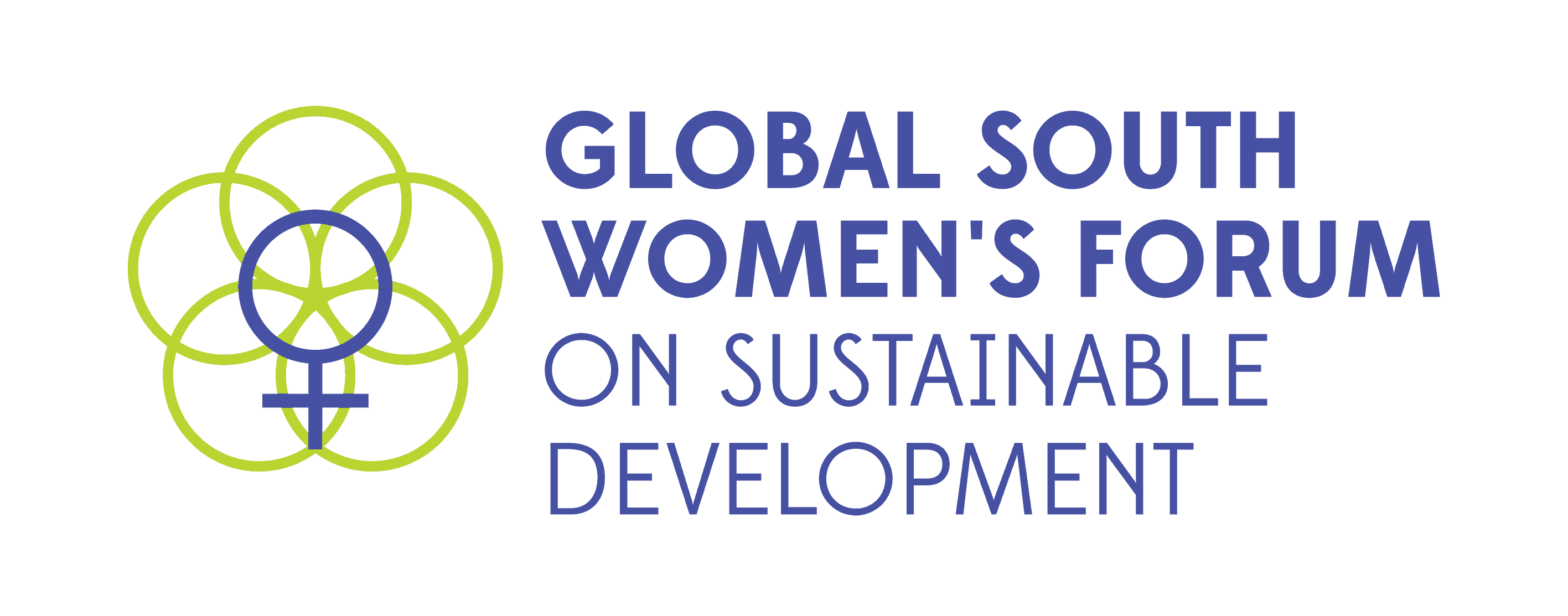Feminist Engagements with Trade Policy: A feminist perspective on gender equality and trade
- Day 3: Dec 16 (UTC+8) 9:00 pm-10:00 pm
African Women’s Development and Communication Network (FEMNET)
This session introduces and expounds on the importance of women’s rights in trade policy and what the African Continental Free Trade Area (AfCFTA) means for African women, including an exploration of Agriconomy, informal cross-border trade, gender and value chain analysis, and the inclusion of women needed to promote the aims of AfCFTA.
Speakers:
Dr Michelle Rufaro Maziwisa, Dullah Omar Institute, Postdoctoral Research Fellow
Fatimah Kelleher, Women’s Rights Strategic and Technical Adviser
Labila Musoke, Managing Director, HopeNow-Uganda
Moderator: Memory Zonde-Kachambwa, African Women’s Development and Communication Network (FEMNET), Executive Director


FEMNET is a membership-based pan-African Network founded in 1988, and now has over 600 membership of women’s rights civil society organisations and individuals spanning 48 countries in Africa.
FEMNET aims to strengthen the voice, role, and contribution of African women’s rights organisations and individual activists in shaping policies and decisions that have impacts on their lives and their work. The Network facilitates the sharing of information, experiences, ideas and strategies among African women’s NGOs and individual activists as a strategy for strengthening women’s capacity to participate effectively in the development processes at different levels in Africa. FEMNET primarily has played a lead role in building the women’s movement in Africa and has ensured that African women’s voices are amplified and influence decisions made at national, regional and global levels, which have direct and indirect impacts on their lives.
This session explored the question of what feminist trade policy means. It looked specifically at what the AfCFTA is trying to achieve in terms of intra-continental trade expansion and what that means for women beyond gender equality but also in terms of women’s economic rights and broader economic justice. A feminist analysis of what the wider implications are for macroeconomic policy as a result of the AfCFTA was presented, followed by recommendations for feminist engagement.
French, Nepali Sign Language, and Spanish interpretations are available.
